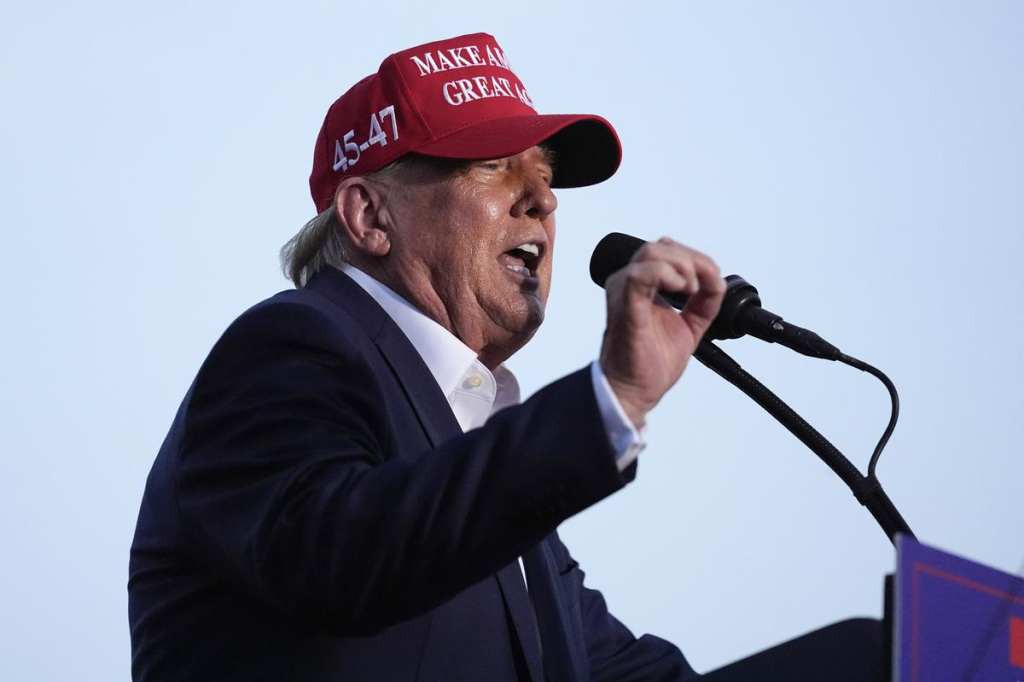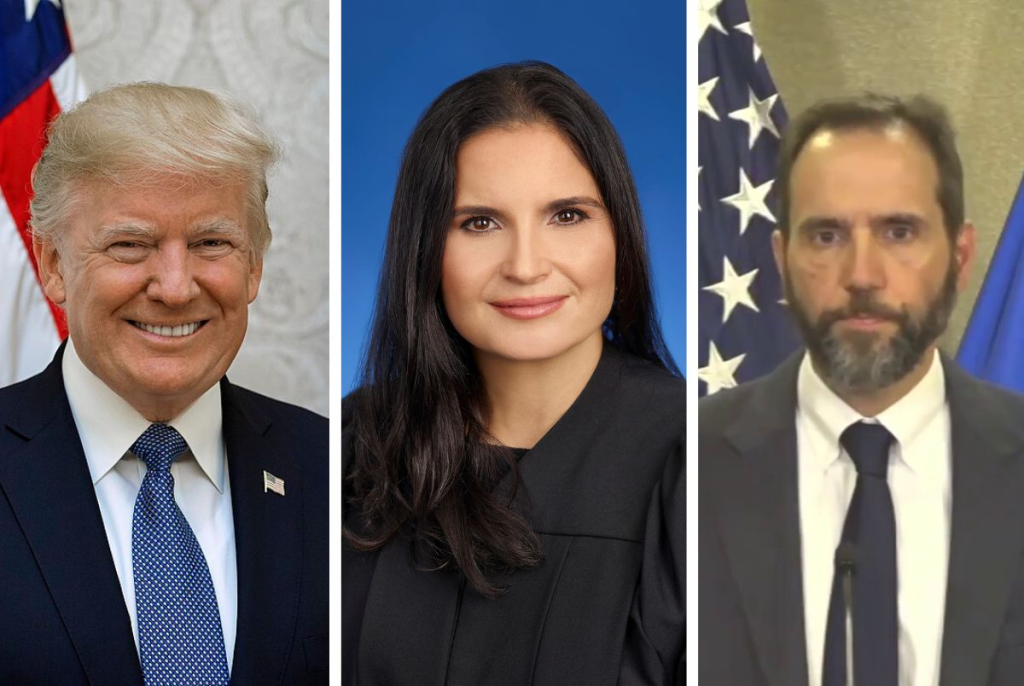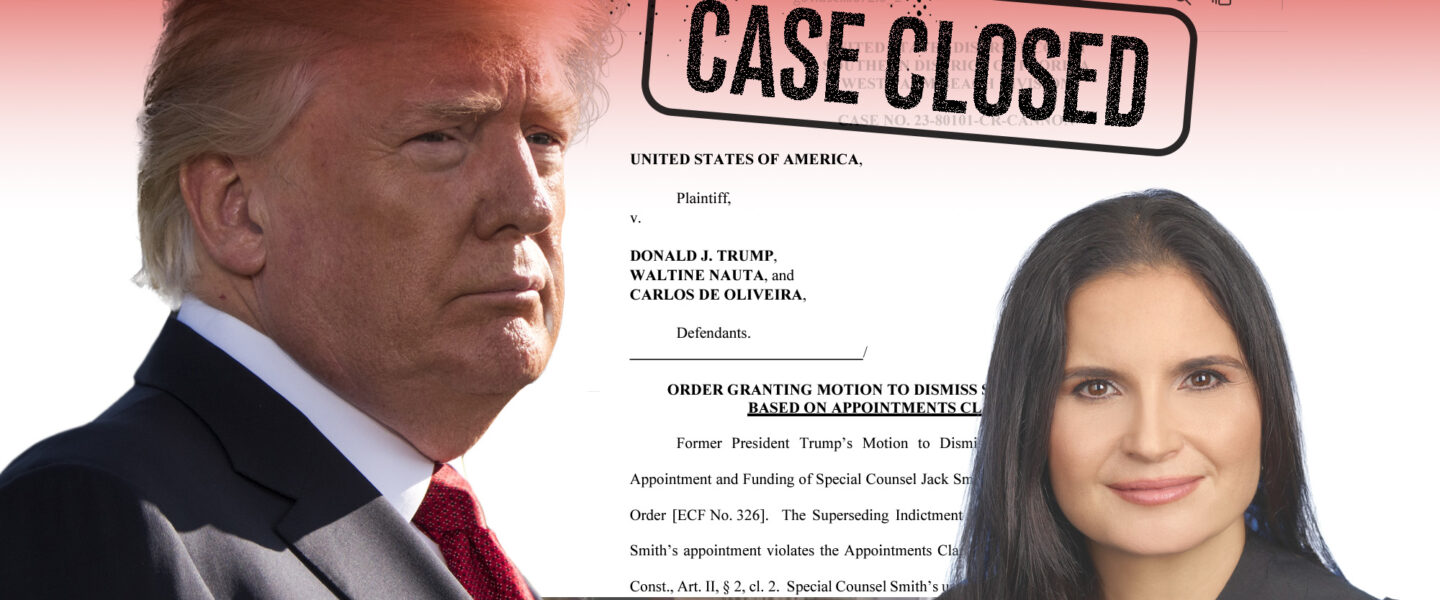In a major legal development, a judge dismissed the Trump documents case over concerns about the appointment of the special counsel, greatly impacting the ongoing legal struggles for former President Donald Trump.
Here, just like in other instances, this ruling has to do with the controversy surrounding the role of the special counsel and whether he was appointed legally. The post shall describe the details of the election case, the reasons for the judge’s decision, and what might further happen to Trump and to the broader legal environment.
Background of the Case

The Trump documents case was originally based on allegations that ex-President Donald Trump had mishandled classified documents upon his exit from office. A special counsel took the lead in investigating this possible violation of federal law.
The appointment of the special counsel was for an independent investigation and, therefore, not politically tainted, but with a thorough stock-taking of the evidence.
Controversy of the Special Counsel
The issue of a special counsel altogether was one that had been contentious from the word go. According to the detractors, the special counsel appointment was politically motivated and lacked any legal substance whatsoever. His admirers argue that he had to be independent of the government so that an inquiry free of political interference could be conducted.
Things took a different turn when the special counsel’s team began gathering evidence and interviewing several eyewitnesses. Trump’s legal team criticized the appointment by claiming that, among other things, it abused procedural norms and the Constitution.
Finally, this legal wrangle came to an end with the latest decision by the judge dismissing the Trump documents case over flaws in the appointment of a special counsel.
How the Judge Ruled in The Trump Case
The judge, in an elaborate judgment, dismissed the Trump documents case over the appointment of the special counsel, citing a number of key factors. In this regard, the judge ruled that the investigation was null and void since the appointment of the special counsel did not follow the proper procedures in law.
Notably, the judge noted that the process of appointing the special counsel sidestepped established protocols aimed at avoiding potential conflicts of interest and ensuring accountability.
It was meant to reiterate the judicial opinion that there should be legal standards followed and upheld at all times on all cases regardless of their limelight. The Trump document case dismissal over special counsel appointment issues was carried out to spell out the reason behind protecting the integrity of the judiciary process.
The ruling dictates that due process in the law field should be pursued legally as drafted by the law and not any other perspective, regardless of who the parties to the suit are.
Implications for Trump

This stance by the judge—suppression of the Trump documents case over issues with the special counsel appointment—has been filled with implications for the former president. Though this is a legal victory for Trump, in that it could probably help stall one of the many ongoing investigations on him, it might well be what he needs to get out of even more cases.
However, the dismissal does not let Trump off the hook. The judge’s decision was based on the process followed in the appointment of the special counsel, not on the substance or merit of allegations.
Any other legal avenue may be explored to continue the allegations related to the mishandling of classified information. Indeed, the judgment may spur Congress to consider reviewing the processes for the appointment of special counsels—for instance, leading to legislative reform.
Broader Legal and Political Implications
Beyond the immediate ramifications for Trump, the judge’s decision dismisses the Trump documents case on the issue of appointment problems with special counsels. It underscored a murkiness in their appointment and legal avenues for challenging their powers.
Now, this case will turn into a legal precedent for possible future disputes concerning investigations by special counsels.
Politically, the decision shall probably only deepen existing divisions. Trump’s supporters may consider the discharge vindication of their charges against a prejudiced legal system, while his critics see it as a blow in their quest for accountability in holding the man at the helm.
Such a ruling can fuel ongoing emerging debates on the role of special counsels in the American legal system, and in particular, reforms towards the independence and effectiveness of such counsels.
The decision by the judge to dismiss the Trump documents case on issues with the special counsel appointment is an important milestone in this never-ending legal saga that former President Donald Trump has been going through.
The ruling puts in the limelight certain procedural flaws in the appointing of a special counsel, reiterating that norms of the law have to be observed and the integrity of the entire process uniformly upheld. While this dismissal represented a legal victory for Trump, it did not resolve any of the basic allegations involved, leaving the door wide open for further investigation.
As this case unfolds, it will continue to help shape the legal and political landscape and further color how special counsel appointments are perceived by all concerned—probably leading to legislative reforms.
The dismissal of the Trump documents case because of issues with the appointment of special counsel serves as a heads-up on the complexities and challenges that go with the prosecution of such high-profile cases—testimonies to the sterling importance of strict adherence to the law.





